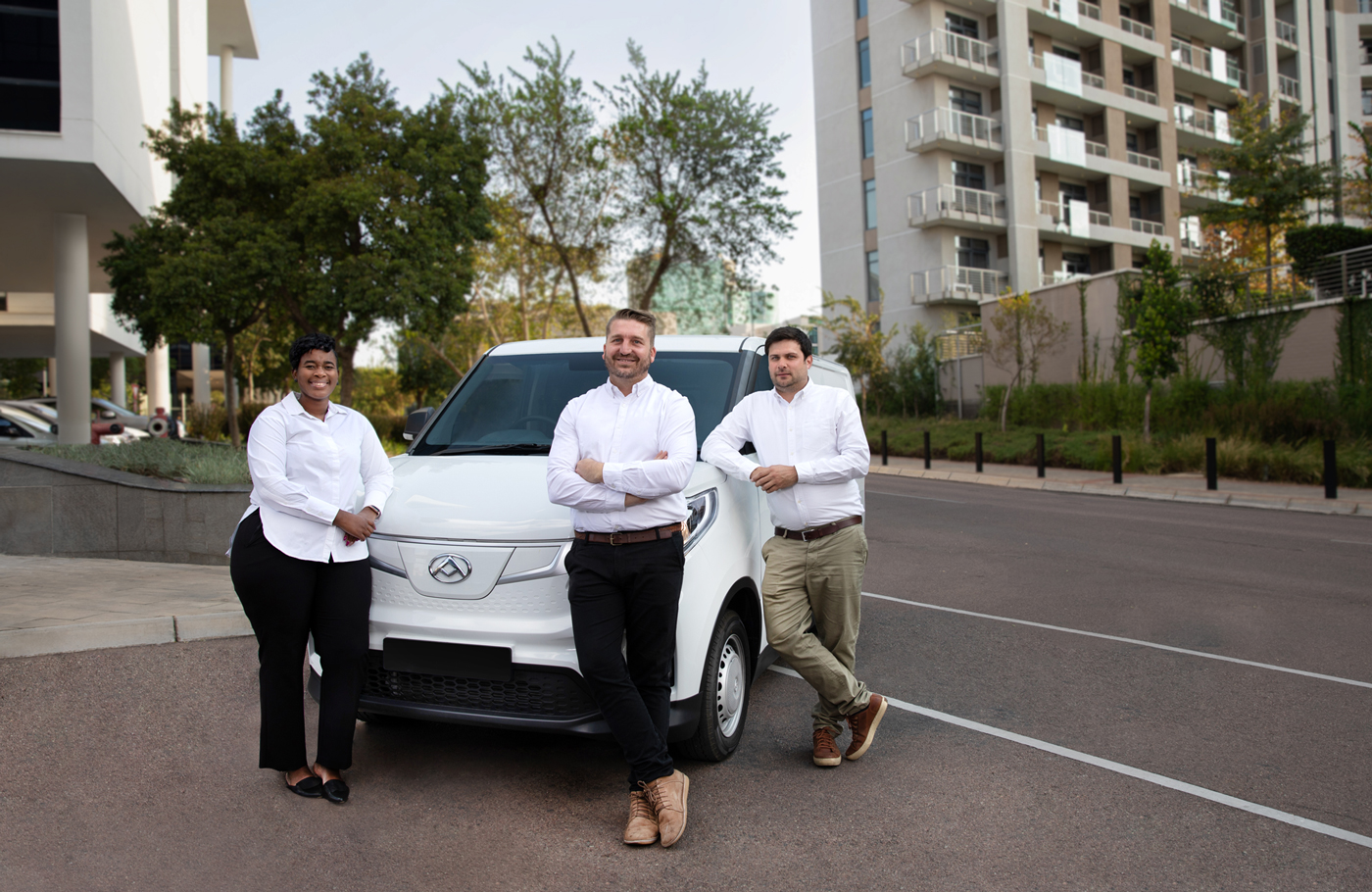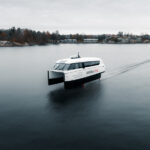Maxus EVs set to transform SA urban logistics
Maxus EVs set to transform SA urban logistics
In a strategic move that promises to reshape the landscape of urban logistics in South Africa, Shanghai Automotive Industrial Corporation (SAIC), a global leader in electric vehicle (EV) manufacturing, has forged a partnership with a South African distributor and dealer. The result of this alliance is Maxus Electric Vehicles, an entity exclusively dedicated to the burgeoning EV market within South Africa. CLARE MATTHES reports.
The primary mission of Maxus Electric Vehicles is to offer urban logistics fleets a compelling proposition: access to a range of EVs designed to reduce total cost of ownership and start the journey toward net zero emissions.
Early adopters of Maxus in South Africa include prominent names such as Woolworths and DSV, and have already logged over a million kilometres with these vehicles. More impressively, this transition has led to over 220,000kg of harmful carbon emission savings – a testament to the tangible environmental benefits of embracing EV technology.
Below: The three founders of Maxus (left to right): Ndia Magadagela, Paul Plummer, and Wesley van der Walt.

Operational efficiency and sustainability
Operational costs can decrease by as much as an 80% compared to internal combustion engine (ICE) vehicles: the cost of running a Maxus EV is estimated at around R0.40/km, compared to the roughly R2.00/km for a traditional combustion engine. This distinct financial advantage, coupled with the inherently low maintenance requirements for EVs, translates into operational efficiency for South African businesses.
Ndia Magadagela, CEO at Maxus, underscores the compelling business case for transitioning to EVs in the realm of urban logistics, noting: “With environmental and sustainability concerns rising up the corporate agenda and the growing operational efficiencies of EVs, there is a compelling business case for decarbonising urban logistics fleets.”
Expanding reach
To ensure broad accessibility, Maxus will initially focus on the Gauteng market, with the establishment of South Africa’s first all-electric vehicle dealerships, showrooms, and service centres in Menlyn, Pretoria. Subsequent launches are planned in Cape Town, Durban, and other metropolitan areas. Additionally, financing options from leading commercial banks will be available to facilitate the transition to EVs for businesses across South Africa.
The line-up of commercial EVs
Maxus has a diverse line-up of commercial EV models tailored to the unique needs of South African industries. Among these is the Maxus eDeliver 3 Panel Van, featuring a comfortable cab, a range reaching 244 to 344km, and a payload capacity of up to 945kg. This vehicle has undergone extensive testing in South Africa, conducted in collaboration with Maxus’ leasing partner, Everlectric.
Furthermore, the Maxus eDeliver 3 Chassis Cab – a two-seat, single-chassis variant – offers customers the flexibility to load a range of commercial bodies onto the long-wheelbase chassis. These include drop-side load bins, space-saving cargo canopies, refrigeration, and temperature-controlled bodies.
For those in need of a versatile, all-electric double cab bakkie, the Maxus T90EV is set to make its debut in late 2023. This model, boasting a 354km range, opens new possibilities for industries such as mining, private security, aviation, and farming.
Charging infrastructure and sustainability
South Africa’s existing DC Fast Charger networks are compatible with Maxus EVs, ensuring seamless charging. The vehicles can also be conveniently charged overnight or during periods of load shedding via solar panels: in a bid to further bolster sustainability, local dealerships and partners have established grid-tied charging infrastructure complete with solar micro-grids to support customers.
“We urge government, commercial fleets, financing companies, and other stakeholders to join hands to accelerate the adoption of EVs in South Africa,” stresses Magadagela. “Fast-tracking the migration to EVs will not only help us to pave the way for a more sustainable future and meet Net Zero goals – it will also ensure our global competitiveness as the world decarbonises vehicle fleets.”
Published by
Focus on Transport
focusmagsa




